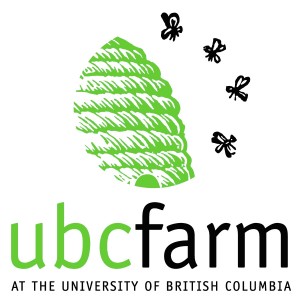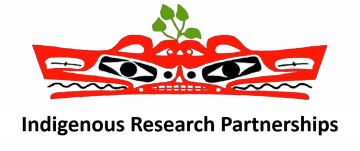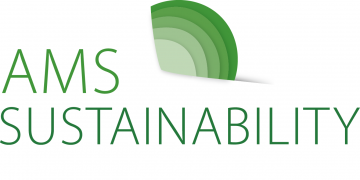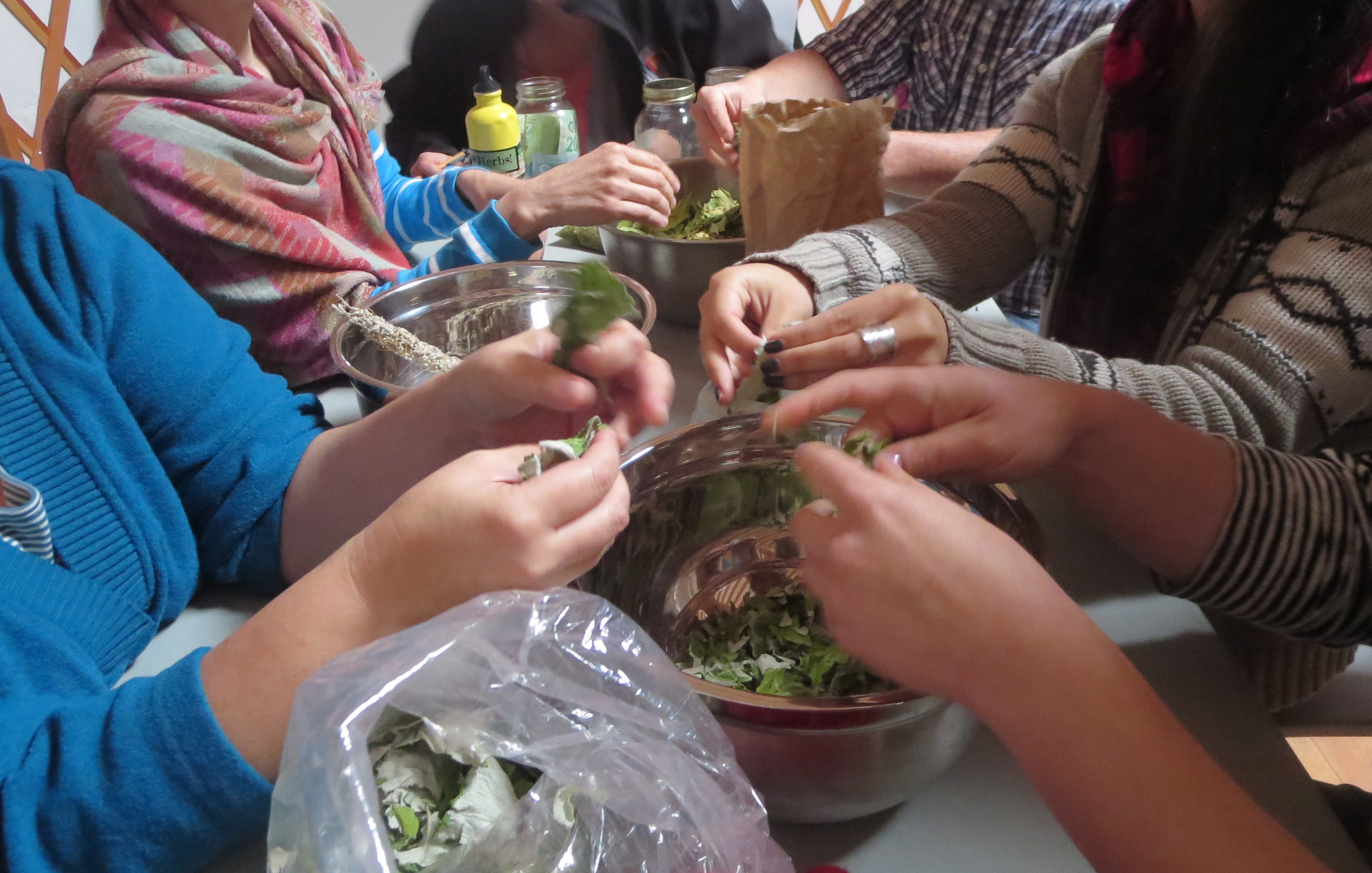
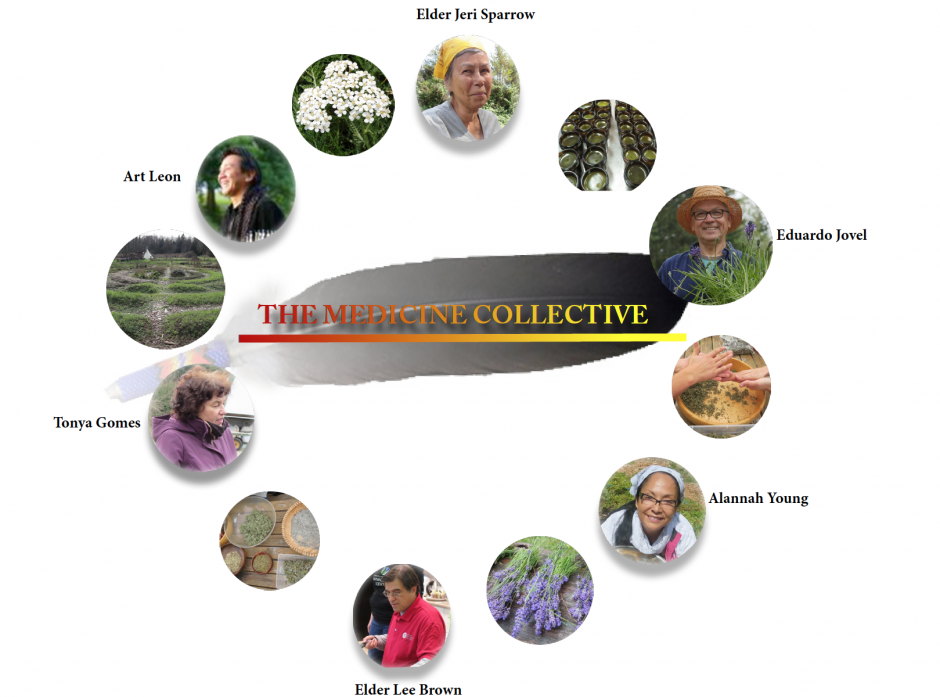
The Medicine Collective is a group of Indigenous Elders and Knowledge-Keepers sharing traditional teachings to reconnect and restore our relationships with the lands and peoples on Turtle Island. We are committed to engaging with the TRC principles * and in providing land-based decolonizing education that revitalizes Indigenous communities’ self-determination and protection of Indigenous medicinal ethics, policy and knowledge translation.
We acknowledge the unceded ancestral territory of the hən̓q̓əmin̓əm̓-speaking xʷməθkʷəy̓əm (Musqueam) peoples, whose guidance and collaboration are central to our work. Since 2009, as part of this collaboration, the Medicine Collective members have been instrumental in guiding the activities and direction of the Indigenous Health Garden ‘xwc̓ic̓əsəm the place where we grow.
Our focus is on Intergenerational reconnecting to the land initiatives: the reclamation of plants and food as medicines. Traditional Indigenous protocols and collective learning are used to plant, gather and make ‘medicines’ for communities, especially survivors of Residential Schools and keepers of ceremony, language and culture.
The Medicine Collective members aim to continue to be good relatives. Many programs and land-based Indigenous initiatives have shared in the making of ‘good medicine’, celebrating the generations of the ones who came before.
Workshops are limited to introductions to medicine collective ways of working with plant medicines. Workshop attendees are encouraged to take formal training in professional herbology or naturopathy programs and consult with their physicians for any medical advice. The workshops introduce some indigenous land-based ways of reconciling and decolonizing education and possible indigenization approaches.
TRC Principles
The Truth and Reconciliation Commission of Canada believes that for Canada to flourish in the twenty-first century, reconciliation between Aboriginal and non-Aboriginal Canada must be based on the following principles.
The United Nations Declaration on the Rights of Indigenous Peoples is the framework for reconciliation at all levels and sectors of Canadian society.
First Nations, Inuit, and Métis peoples, as the original peoples of this country and as self-determining peoples, have Treaty, constitutional, and human rights that must be recognized and respected.
Reconciliation is a process of healing relationships that requires public truth sharing, apology, and commemoration that acknowledge and redress past harms.
Reconciliation requires constructive action on addressing the ongoing legacies of colonialism that have had destructive impacts on Aboriginal peoples’ education, cultures and languages, health, child welfare, the administration of justice, and economic opportunities and prosperity.
Reconciliation must create a more equitable and inclusive society by closing the gaps in social, health, and economic outcomes between Aboriginal and non-Aboriginal Canadians.
All Canadians, as Treaty peoples, share responsibility for establishing and maintaining mutually respectful relationships.
The perspectives and understandings of Aboriginal Elders and Traditional Knowledge Keepers of the ethics, concepts, and practices of reconciliation are vital to long-term reconciliation.
Supporting Aboriginal peoples’ cultural revitalization and integrating Indigenous knowledge systems, oral histories, laws, protocols, and connections to the land into the reconciliation process are essential.
Reconciliation requires political will, joint leadership, trust building, accountability, transparency, and a substantial investment of resources.
Reconciliation requires sustained public education and dialogue, including youth engagement, about the history and legacy of residential schools, Treaties, and Aboriginal rights, as well as the historical and contemporary contributions of Aboriginal peoples to Canadian society here.)
Medicine Workshops will be up soon!
The Medicine Collective acknowledges the unceded ancestral territory of the hən̓q̓əmin̓əm̓-speaking xʷməθkʷəy̓əm (Musqueam) peoples, whose guidance and collaboration is central to their work. The Collective also acknowledges its other supporters and partners: the Centre for Sustainable Food Systems at the UBC Farm, the AMS Sustainability Fund, the Indigenous Research Partnerships, and the Faculty of Land and Food Systems at UBC. To connect with the Medicine Collective, email medicinecollective@gmail.com.
